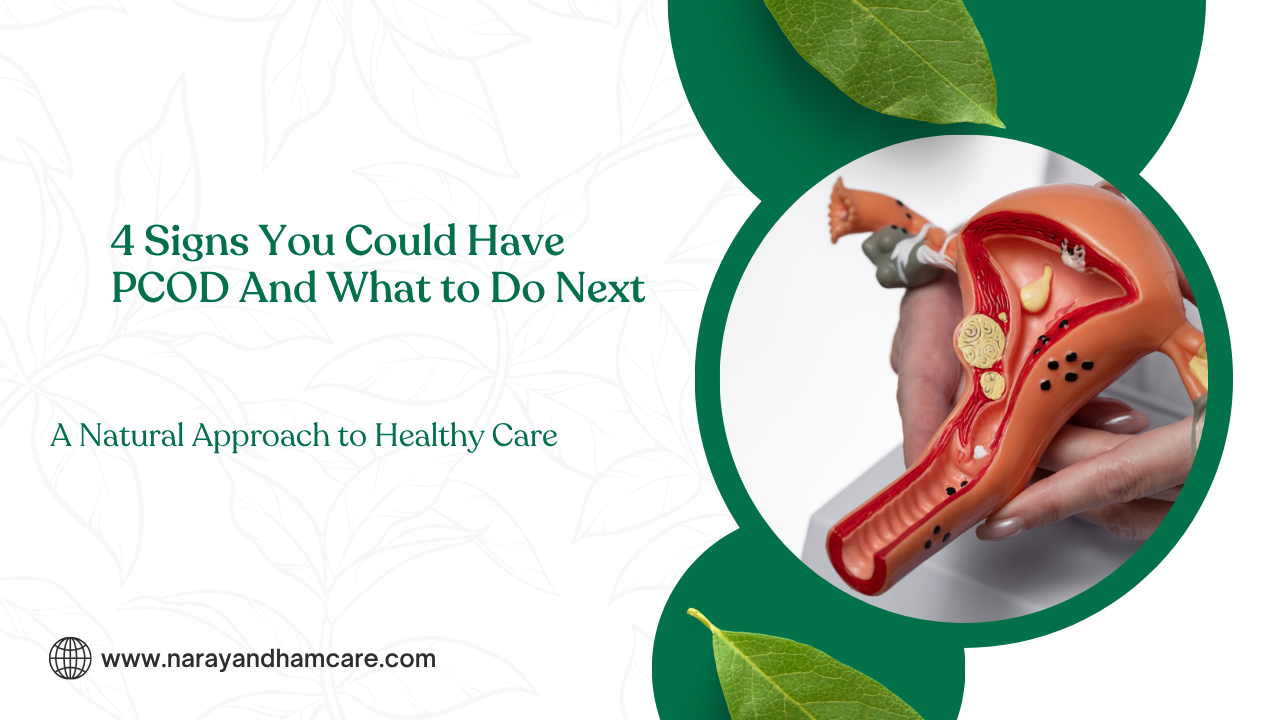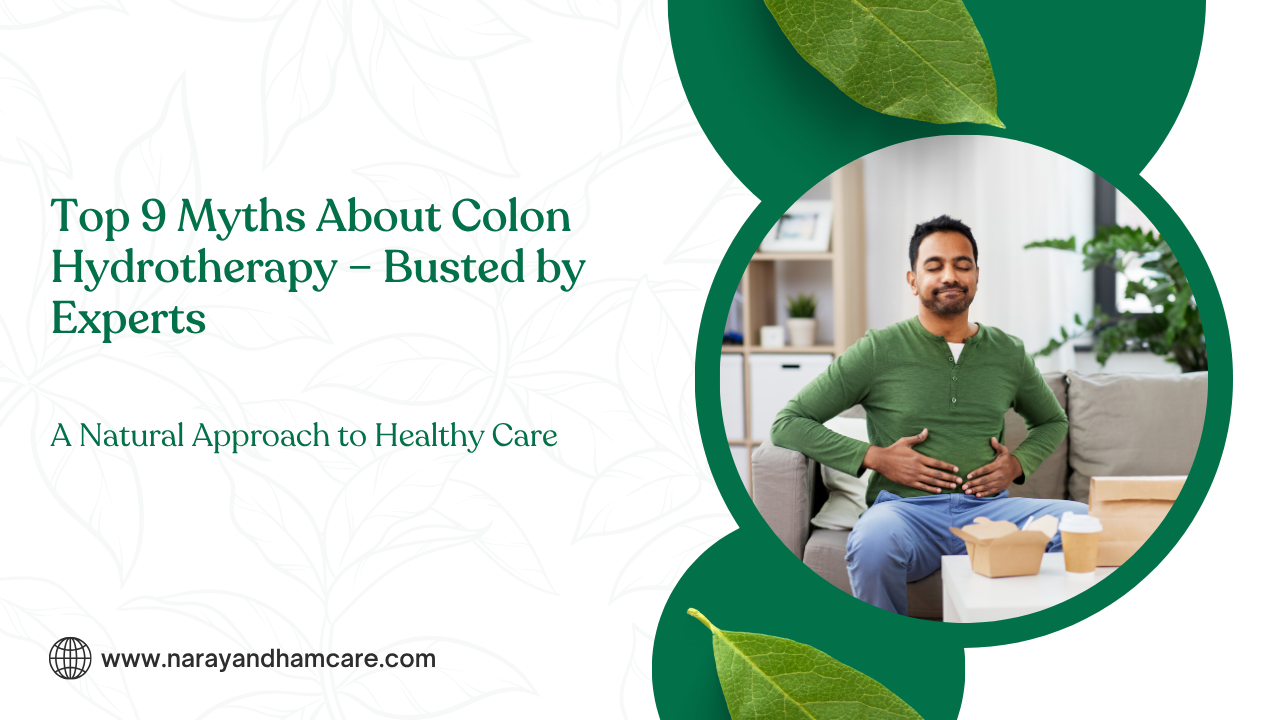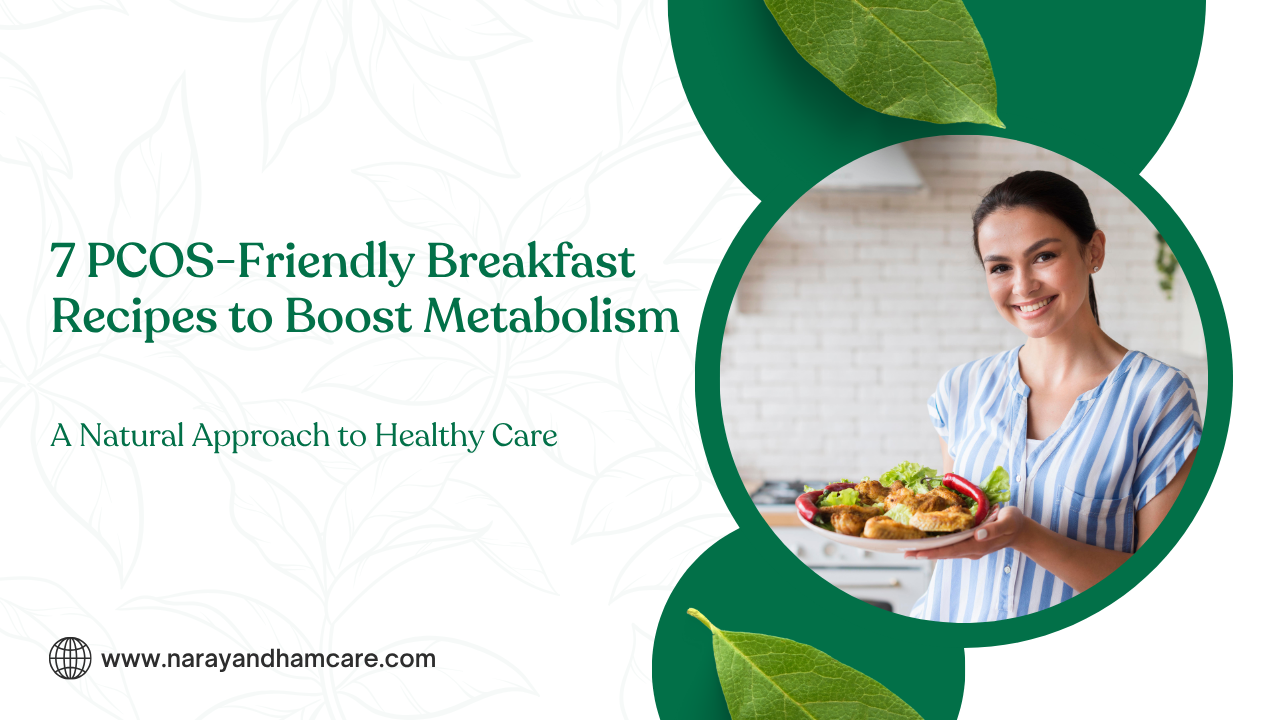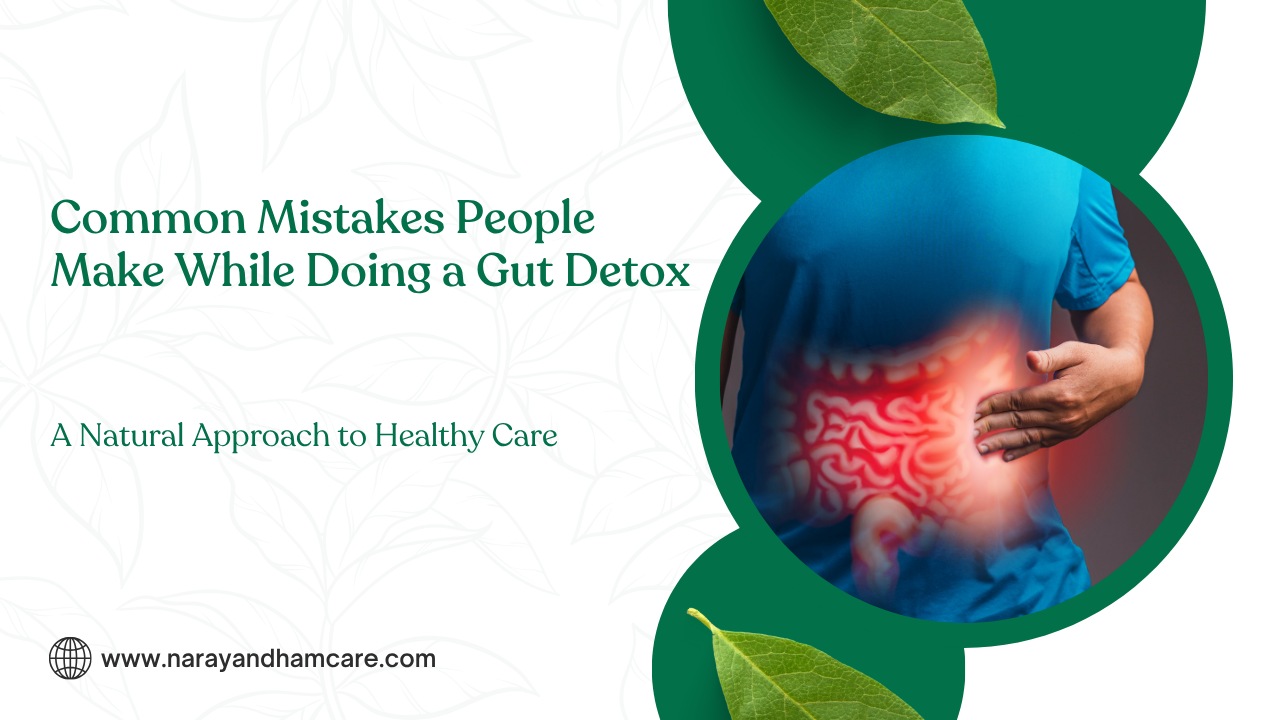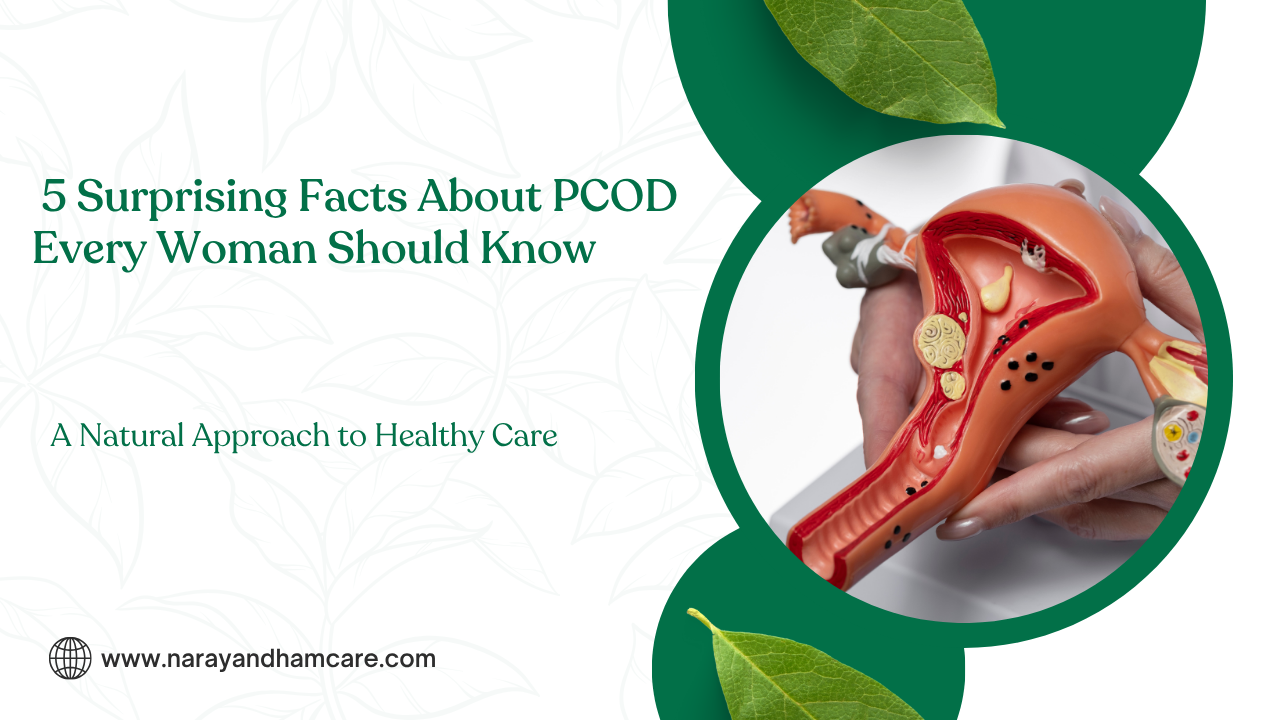PCOD Introduction
Many women experience problems with their periods, skin, or weight and don’t realize it could be due to (Polycystic Ovarian Disease). a common hormonal condition that affects young girls and women, especially in their reproductive years. It can impact your fertility, skin, weight, and mental health.
Understanding early can help you take better care of your body. In this blog, we will explain the 4 key signs, why it happens, and what steps you can take to manage it naturally.
Problem
happens when a woman’s ovaries produce more male hormones (androgens) than needed. This leads to the formation of multiple small cysts in the ovaries. As a result, periods may become irregular, acne may increase, and weight gain becomes a problem.
This condition affects around 1 in 5 Indian women and is becoming more common due to poor diet, lack of exercise, stress, and exposure to environmental toxins.
Many women don’t know they have until they face problems like irregular periods, difficulty in getting pregnant, or excessive hair growth.
Symptoms: 4 Signs You Could Have PCOD
Here are the 4 most common signs that may indicate:
1. Irregular Periods
- One of the biggest symptoms.
- You may miss your periods for months or get them very late.
- Sometimes, periods can be heavy or last longer than usual.
- Caused by hormonal imbalance which affects ovulation.
2. Excessive Facial or Body Hair (Hirsutism)
- Due to high levels of androgens, you may notice thick hair on:
- Chin
- Upper lip
- Chest
- Stomach
- This can cause stress and embarrassment.
3. Acne and Oily Skin
- often leads to hormonal acne, especially on the:
- Jawline
- Chin
- Back
- Skin may also become oily and more prone to pimples.
4. Weight Gain or Difficulty Losing Weight
- Women often find it hard to lose weight.
- Fat usually collects around the stomach area.
- Even with diet and exercise, weight may not go down easily.
Other symptoms can include mood swings, hair thinning on the scalp, dark skin patches, and fertility issues.
Solution: What to Do Next
If you notice one or more of these signs, don’t panic. manageable with lifestyle changes, home remedies, and Ayurvedic support. Here’s what you can do:
1. Get Diagnosed
- Visit a gynecologist or endocrinologist.
- You may need:
- A pelvic ultrasound to check for cysts.
- A blood test to check hormone levels.
2. Make Simple Diet Changes
- Avoid junk food, sugar, and dairy.
- Eat more:
- Fruits and vegetables
- Whole grains
- Seeds (flaxseed, chia)
- Herbal teas like spearmint or cinnamon
- Drink 2–3 liters of warm water daily.
- Try PCOD-friendly recipes like methi water, soaked almonds, or jeera water in the morning.
3. Exercise Daily (30–45 Minutes)
- Choose activities like:
- Walking or jogging
- Yoga
- Dancing or swimming
- Exercise helps to balance insulin and lose weight.
4. Try Natural and Ayurvedic Remedies
- Ayurveda offers great relief for.
- Herbs like:
- Ashoka
- Shatavari
- Turmeric
- Aloe vera juice
- Panchakarma therapies like Basti and Virechana can cleanse the body.
- Always consult an Ayurvedic doctor before starting any herbs.
5. Manage Stress
- worsens with stress.
- Practice:
- Deep breathing (Pranayama)
- Meditation
- Sleep 7–8 hours daily
6. Track Your Cycle
- Use apps like Flo, Clue, or a simple notebook to record your periods.
- Helps in managing ovulation and planning pregnancy.
Frequently Asked Questions (FAQs)
Q1. Is PCOD the same as PCOS?
A: No. (Polycystic Ovarian Disease) is a broader condition. PCOS (Polycystic Ovary Syndrome) is a more serious form with more hormonal imbalance.
Q2. Can PCOD be cured permanently?
A: There is no full cure, but natural treatments, Ayurveda, and lifestyle changes can reverse symptoms and help you live normally.
Q3. How does Ayurveda help in PCOD?
A: Ayurveda works on balancing the doshas (Vata, Pitta, Kapha) and detoxifying the body using herbal remedies and Panchakarma therapies.
Q4. Can I get pregnant if I have PCOD?
A: Yes, many women conceive with proper treatment, natural therapies, and ovulation tracking.
Q5. What foods should I avoid if I have PCOD?
A: Avoid:
- Sugar
- Dairy
- White bread or rice
- Fried and processed food
- Cold drinks
Conclusion
PCOD is a common but manageable condition. By knowing the early signs—like irregular periods, acne, excess hair, or weight gain—you can take the right steps to improve your health. With natural remedies, Ayurvedic herbs, clean diet, exercise, and stress control, you can bring balance back to your body.
Take the first step today—book a check-up, start tracking your cycle, and make small changes in your diet.
If you found this blog helpful, share it with friends, or leave a comment below with your questions. Let’s help each other fight PCOD naturally!

